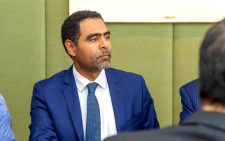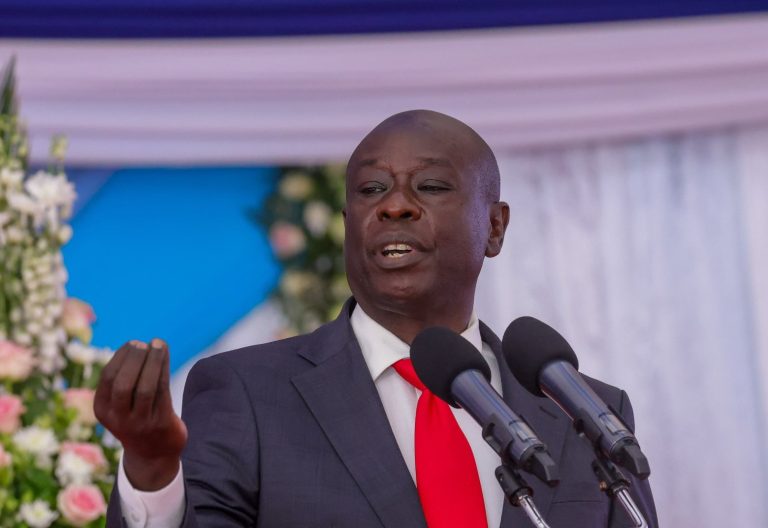Political parties have role in war against corruption

What a week of drama we have had. From the reckless and despicable pronouncements of our political leaders to the drama that is politicisation of corruption, our leaders are increasingly behaving like Chapter Six of our constitution is a waste of pages in our supreme laws.
Impunity will get a new meaning unless justice is done and seen to be done, otherwise this glorification, in the words of Karl Kraus, will endanger the morals of the entire country.
That the people entrusted with management of public funds can allegedly enjoin their families on a stealing spree is in itself shocking, but more shocking is the politicisation of such serious levels of graft.
Politicisation is a double edge sword and politicians need to be alive to the reality that they only benefit from it when it is saving them from corruption.
But because political power and attendant expediency that comes with it is transient, today it might save you, but tomorrow you never know.
To the citizenry, the positive side of politicisation is the pathways political utterances create especially if they lead to arrest of the corrupt.
As an economic crime that not only deprives the poor of their right to dignified life but also gives the corrupt a monopoly of authority minus transparency, there is little to celebrate because risks of such pathways is in how much power politicians can amass to frustrate transparency.
Nevertheless, if politicisation leads to arrests and convictions, you can bet that Kenyans will be celebrating as the Asset Recovery Commission gets back stolen funds.
In fact, for many Kenyans, the issue is theft of public funds and culpability, politicisation notwithstanding.
Simply put, if politicians are pushing for what the law requires, then woe unto you if you are culpable.
In any case, it is your criminal culpability that gives your enemies an opportunity to finish you and Kenyans would definitely love it if political scores lead us to thieves whose stealing of public funds can be proven in courts of law.
The flipside of politicisation of corruption is when theft of public funds is sanitised and players use their political might to frustrate the process of proving culpability.
There is dominant public perception of this dark side, and when you mention NYS, Arror and Kimwarer, Mumias Sugar, the Tokyo embassy scandal, Goldenberg, Angloleasing, the cemetery scandal and the Afya House scandals, the common denominator seems to be a political culture that condones, and abets public theft.
An even darker shade is the use of politics to brand every other perceived political rival or diligent public servant as corrupt.
The object of this, which appears to be rearing its head in the run up to the next election, is the dangerous attempt to enculture corruption and make it impossible for it to be a factor in the next election.
The best way to deal with corrupt leaders is voting them out; thus it make sense when the corrupt are on a mission to make everyone seem corrupt.
The president as head of state and government has already spelt out the roadmap for the executive honchos.
You are arraigned in court; you step aside. There is no room politicisation. Political parties need to borrow a leaf and institute frameworks that will anchor a standardised war on corruption.
It is these parties that give allegedly corrupt leaders the opportunity and platform to be entrusted with public funds and time is nigh for them to weigh in on how these culprits should be dealt with.
It must be a structured framework that cannot be politicised, but good enough to assure the accused of a fair and transparent process. —The writer is a PhD Candidate in Political Communication










